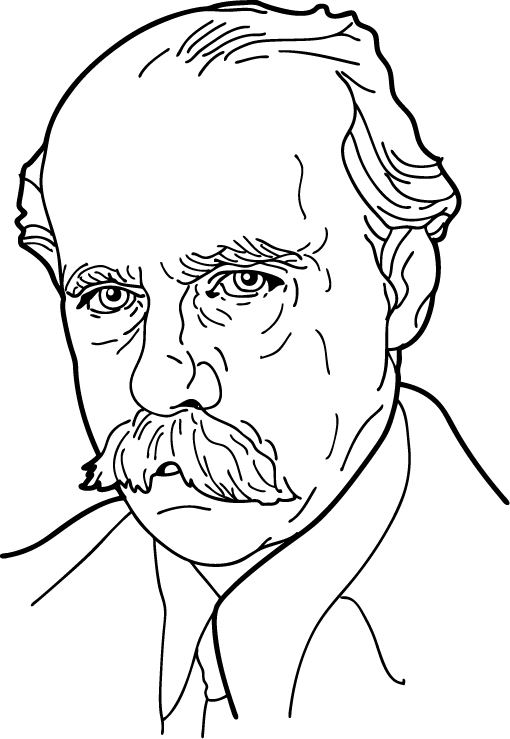Business Thinkers
1880 - 1943
Max Wertheimer

Biography
Wertheimer was born in Prague, and obtained a PhD from the University of Würzburg. As part of his dissertation, he devised a method of word association and developed a lie detector. He then carried out research at the Universities of Prague, Berlin, and Vienna.
He also discovered that mentally-challenged children could solve problems when they could grasp the overall structure of the issue. It was from this root that his Gestalt psychology would evolve.
While on a train in 1910, he became intrigued by the perception of movement in a stationary object, which he called 'the phi phenomenon'. He studied it at Frankfurt with two colleagues, Wolfgang Köhler, and Kurt Koffka, and formed the new Gestalt School, producing a journal to promote their ideas.
Wertheimer argued that structural wholes were important techniques in human thinking, and required the minimum amount of energy. To summarise his position: "the whole is greater than the sum of the parts."
In 1933 Wertheimer fled the Nazis to become a professor at the New School for Social Research in New York City.